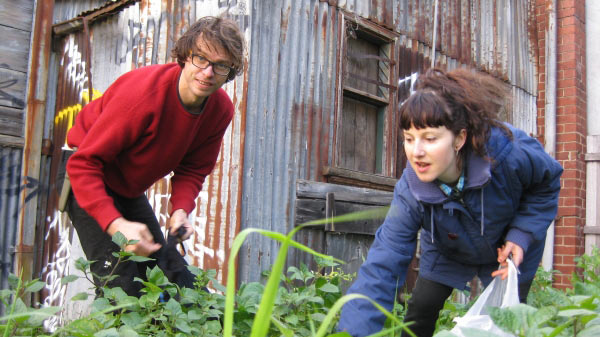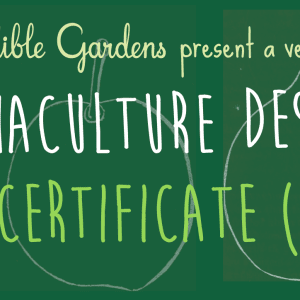Why Grow Food?
Growing your own food at home makes sense. The benefits include the following:
- Your organic, home-grown fruit, vegetables and herbs are fresher, more nutritious and more delicious than conventionally farmed fruit, vegetables and herbs.
- Most fruit and vegetables lose nutritional value when they are stored for lengthy periods, or when they are being transported from interstate or overseas. Chemical preservatives are also applied, which do nothing for your health.
- The fruit and vegetables in supermarkets have been bred for appearance, a long shelf life and resistance to bruising during transport. The fruit and vegetables best to grow in your own back yard, on the other hand, have been bred for being nutritious and delicious.
- You don’t have to worry about the prices of vegetables, herbs and fruits continuing to rise. The best way to ensure food security for you, your family and your neighbours is to source, and even better to grow, your own food locally.
- Pride of produce – showing off doesn’t get better than this. Experience the warm glow of knowing you grew that whole salad or vegetable stew yourself!
- Food gardening is a gentle, relaxing and stress-lowering form of exercise.
- Home food production connects you with the seasons and the cycles of nature. Tomatoes taste better not only fresh of the plant, but when you have to wait for them!
- You have reduced your carbon footprint by reducing the food miles of what you eat.
- Did you know that the growing, processing, packaging, storing and transporting of what we eat make up 37% of the average Victorian’s eco-footprint? Freshly eaten home-grown food produces no green house emissions. Your home-grown food travels metres instead of hundreds or thousands of kilometres.
- Your organically home-grown food is clean – free from genetic modification, chemical pesticides, fertilisers, herbicides and pesticides.
- You are improving the health of Australia’s soils and waterways by not creating demand for agricultural chemicals and practises that negatively effect soils, waterways and our fragile environment.
- You are saving water. Common agricultural practices have been shown to use water extremely inefficiently. Home grown food uses significantly less water relative to the amount of food harvested.



